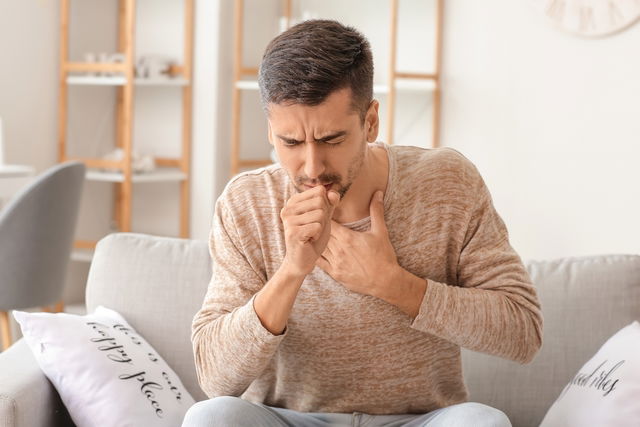Pneumonia treatment should be oriented by a family doctor or lung specialist. Treatment depends on the underlying cause of infection, and is usually started in the hospital. Treatment in a hospital settings helps to prevent the disease from progressing and being transmitted to other people.
In cases of viral pneumonia, the body usually manages to eliminate it naturally, without the need for medication. Therefore, if viral pneumonia is confirmed, the doctor may recommend conservative measures, such as resting and taking medication for fever and coughs.
Bacterial pneumonia, on the other hand, involves the use of antibiotics, as the body cannot eliminate the microorganism on its own, and there is a risk of the bacteria spreading to other parts of the body. In these cases, hospitalization is usually advised so that the patient can start treatment with IV antibiotics before going home. Read more about the symptoms of pneumonia and how they are treated.

Home treatment
At home, it is very important to follow all instructions and take medication as prescribed by the doctor. You can also take other precautions to speed up the treatment, such as:
- Avoid leaving the house when starting treatment. Even if your symptoms are mild, it is possible to transmit the disease to other people.
- Take the medication at the correct times and in the correct doses, according to the doctor's prescription.
- Drink about 2 liters of water per day to avoid dehydration.
- Avoid using cough medicine that has not been prescribed by your doctor.
- Wear clothing appropriate to the temperature and avoid sudden fluctuations.
Pneumonia is not always contagious. Transmission is more frequent in cases of viral pneumonia, even during treatment. Patients should therefore wear masks and avoid coughing or sneezing near other people, especially children, the elderly or people with compromised immune systems. It's also important to remember to wash your hands thoroughly with soap and water or use hand sanitizer to reduce the chances of transmission.
Treatment can take up to 21 days and during this period it is only advisable to go to hospital if symptoms worsen or do not improve after 5 to 7 days. A pneumonia cough is usually dry with little phlegm, and usually persists for longer, but can improve quickly with medication and nebulizers as prescribed by a doctor.
Check out other home remedies for pneumonia that you can use to complement your medical treatment.
Can I leave the house with pneumonia?
Ideally, when treating pneumonia, you should remain at home to rest. This will ensure a good recovery, especially if you have a fever and cough. Recovery time can vary from person to person - some people are able to return to their normal routine within a few weeks, while others only feel better after a month or more.
Most people continue to feel tired for around a month, which is why adequate rest is important to ensure that symptoms improve and to prevent relapses and worsening.
Hospital treatment
Treatment in the hospital is more common in cases of bacterial pneumonia, as the disease progresses very quickly and can be life-threatening. For this reason, it is important to stay in the hospital to receive IV medication. This ways, doctors can continuously monitor all vital signs until the disease is under control, which can take up to 3 weeks.
In addition, during hospitalization it may also be necessary to wear an oxygen mask to reduce the work of the lungs and facilitate recovery.
In most serious cases, which are more frequent in the elderly, children or patients with autoimmune diseases, pneumonia can worsen to life-threatening stages, and may require admission to the ICU for intubation and a ventilator, which is a machine that replaces the lungs during treatment.
Signs of improvement and worsening
Signs of improvement include easier breathing and a reduction in fever. Phlegm from pneumonia will also undergo a color change, from greenish, to yellow, to whitish and finally transparent, until it disappears.
Signs of worsening are more frequent when treatment is not started soon enough or when the patient has an immune disease. Worsening can present as an increase in phlegm, the presence of blood in the phlegm, a worsening fever and increased shortness of breath. In these cases, it is usually necessary to stay in hospital to begin treatment with IV medication, which is more effective.
